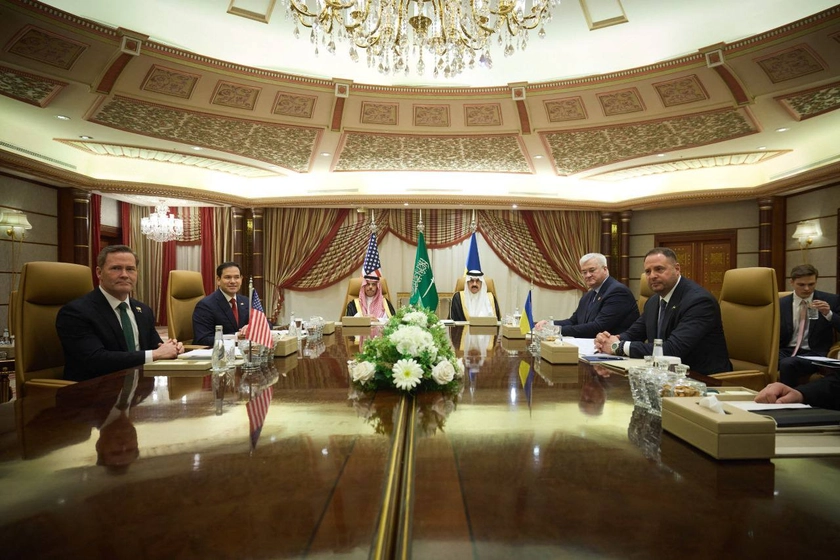Seven states on the EU’s eastern flank are calling on the other EU member states to suspend the issuing of Schengen visas to Russian tourists. Ukraine’s President Volodymyr Zelensky has made similar demands. The EU foreign ministers will meet on Tuesday to discuss the proposal. Europe’s press is divided.
Today, Europe’s press debates widespread calls to implement visa bans for Russian tourists. Here are some opinions from a selection of European publications presented by eurotopics.
JOIN US ON TELEGRAM
Follow our coverage of the war on the @Kyivpost_official.
Travel ban contradicts Europe’s basic values
Público rejects the idea of a general ban on all Russian citizens entering the country:
“The idea of collectively punishing Russians could create more problems than opportunities. If Europe rightly presents itself in this conflict as the custodian of civil liberties, democracy, tolerance and respect for fundamental rights, then it makes sense to apply these values with a sense of proportion. It could be counterproductive to give the Russians the idea that they are guilty and must atone for this guilt by being imprisoned in their own country.”
A new iron curtain
Banning visas for Russian tourists would be a big step backwards for the West and Russia, Russian journalist Zoya Svetova warns in a guest article in Le Monde:
“Western officials, not the Russian leadership, want to definitively resurrect the Soviet Union by rebuilding the Iron Curtain. Without even waiting for the Kremlin to do so. We who live in Russia, we who lived there during the Soviet era, will stand firm. But – and this is the main thing – this iron curtain and the strategy of getting rid of Russians and everything Russian will not achieve its goal, namely to end the special military operation in Ukraine. ”
ISW Russian Offensive Campaign Assessment, March 13, 2025
Acknowledge collective responsibility
The visa ban is an important instrument in the conflict with Russia, La Libre Belgique insists:
“The current debate is about whether to recognise the collective responsibility of the Russian people, who for 22 years have been the passive accomplices of a regime that spreads fear and terror, starting with the devastating Chechen war. A second question, no less important, is the ability of Europeans to react to geopolitical upheavals. A decision on visas is only one of the tools at our disposal to treat Russia as the adversary it has chosen to become.”
Shock therapy for well-off
Political scientist Sorin Ioniță makes the case for only suspending category C visas for Russians, which allow visitors to stay in the Schengen area for a maximum of 90 days within a six-month period. He writes in Contributors‘ blog:
“That would solve a large part of the problem and we could leave it at that. There would be plenty of leeway to support Putin’s opponents or help students and researchers stay in contact with the West. But it would be shock therapy for the comfortable circles in Moscow and St. Petersburg which have so far failed to realise that their country is waging a devastating war, because Putin has done everything to protect them from consequences and unpleasant news.”
You can also highlight the text and press Ctrl + Enter











